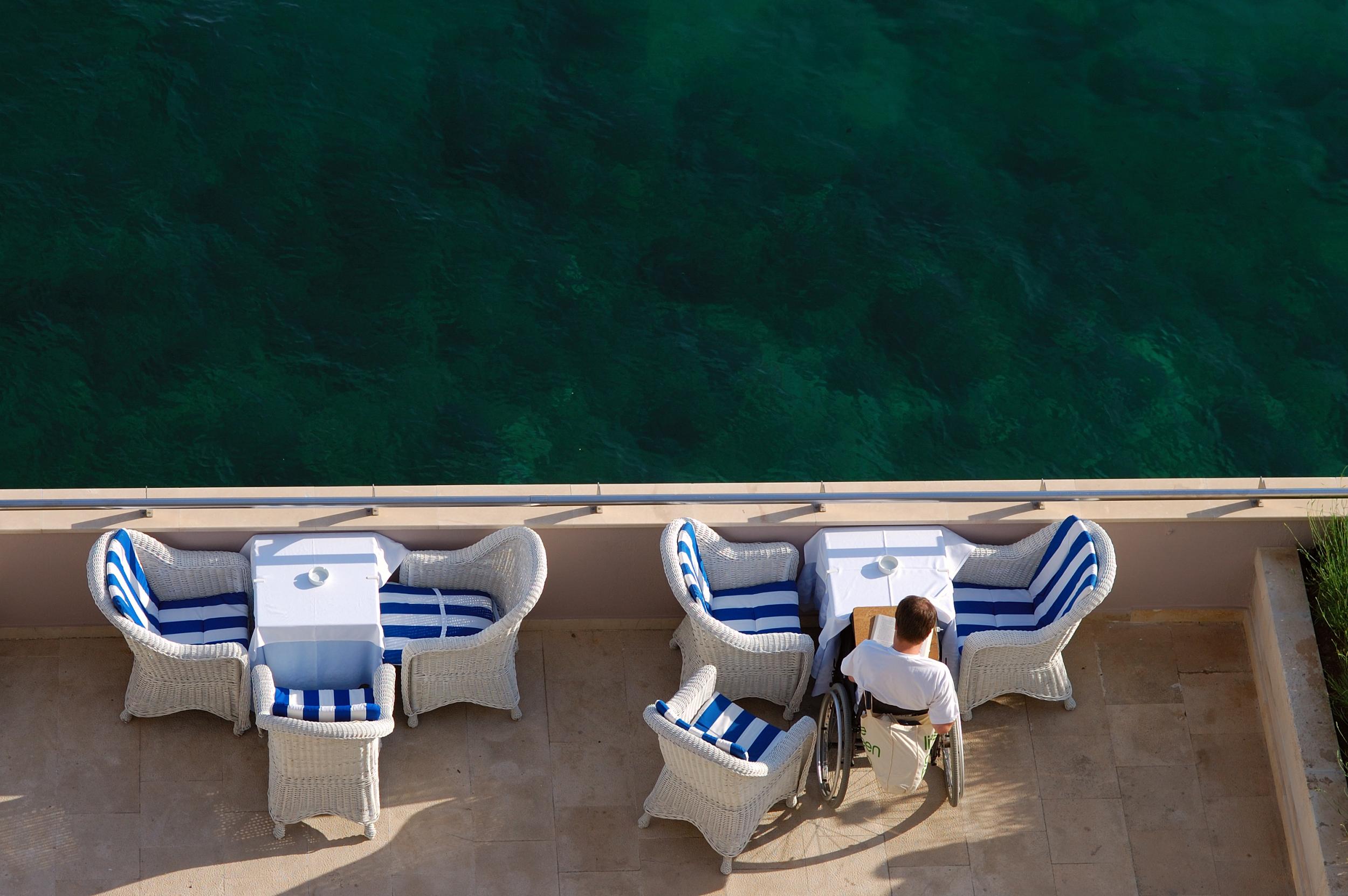Paralympics 2016: We need to rethink accessible accommodation
As the Paralympic Games open in Rio today, Daniel Humphrey explains the difficulties faced by travellers with disabilities

Traveling can be daunting: not knowing what you could find or what new experiences might unfold... essentially it’s the worry caused by uncertainty.
This can be true for all of us, but for those with disabilities, it can be even more stressful knowing you will potentially need a greater level of support, personal and environmental, and that not having that could have dire consequences, both when it comes to your travel experience and, even worse, your body and mind.
On 21 April 2005 my dad had an accident at work. No one knows exactly what happened, but as a result he suffered a spinal injury that left him paraplegic. In the years since, we have experienced various highs and lows, which I am sure are shared by many families in a similar position.
One particular area of frustration has been when we’ve attempted to go on holidays or trips that require an overnight stay. The problems start with planning – finding the information to ensure you have chosen appropriately accessible accommodation. And even once you find the information there is still the risk that it’s not correct, for example the hotel that had adapted its bathroom to be “wheelchair ready” by providing a shower chair but no shower, only a standard bath. Or the other hotel that installed hand rails, but in positions that couldn’t actually offer any support. The ramifications for an individual with a disability can be massive.
And this is a widespread concern. Having spoken with the International Paralympic Committee, this is a worry for them in Rio, where they have been struggling to find accessible accommodation for disabled Committee members. For this to be an issue for such an important international event highlights how common the problem is. If the IPC has found it difficult to book suitable rooms, one can only imagine the experience disabled supporters might be having. The Committee tells me that the athletes’ accommodation, at least, appears to be appropriate.
When looking at this subject it must be understood there are a number of factors, including properties built in another age, and the multitude of disabilities – mental, physical and sensory – and their requirements. There’s even the issue of well-intentioned, able-bodied people simply misjudging the needs they are addressing.
Due to this, legislation can only ever be part or the solution, as can charities and noble individuals. It requires a combination of all the above, as well as the opportunity to create a collective voice to spread the word. After all, negative experiences with accessibility can knock someone’s confidence in going away, encouraging them to stay at home rather than going on holiday. And everyone deserves a break.
Daniel Humphrey is the founder of TripAble.org, a website dedicated to rating hotels’ accessibility
Join our commenting forum
Join thought-provoking conversations, follow other Independent readers and see their replies
Comments
Bookmark popover
Removed from bookmarks